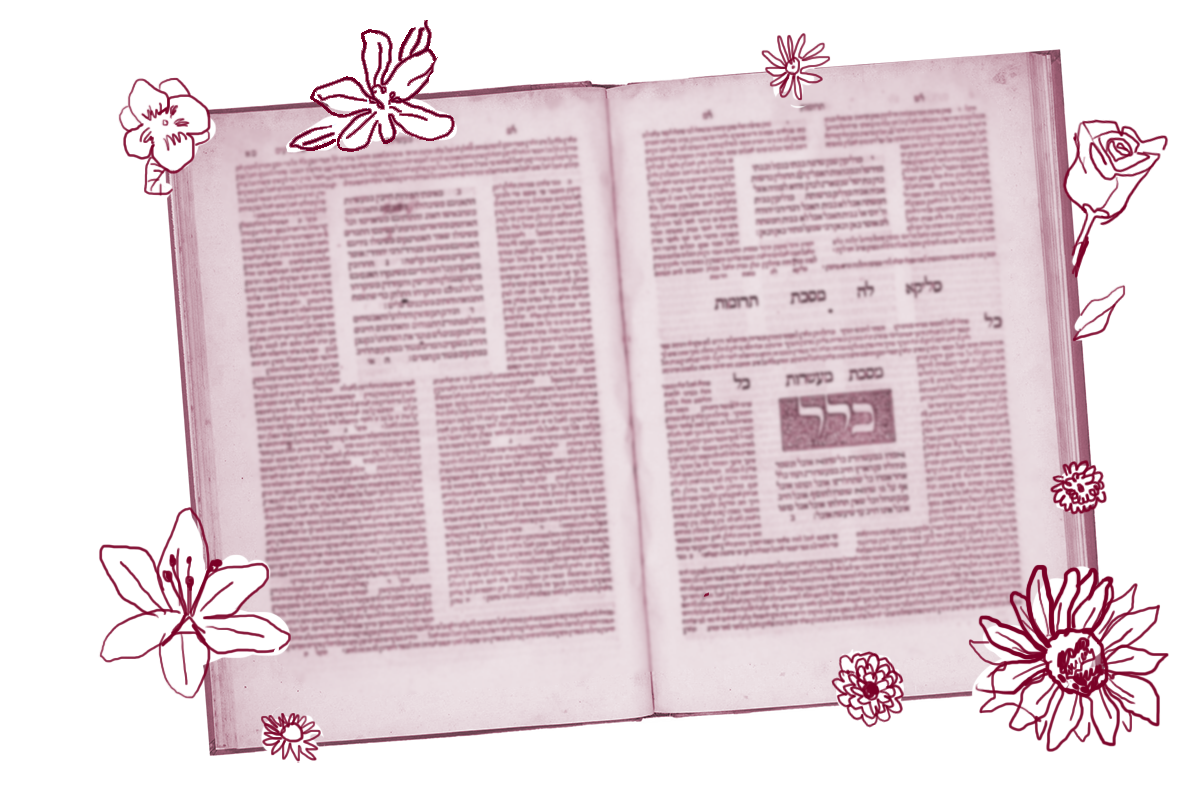As regular students of Daf Yomi by now well know, sometimes when the rabbis start playing the what-if game, their imaginations lead them to concoct highly improbable scenarios. We saw one such scenario on yesterday’s daf, where the mishnah discussed a case in which a person informs two nazirites that he saw one of them become impure but he doesn’t know which. A possible occurrence, but not a likely one.
On today’s daf, we find a mishnah that not only adds a new twist to the case that makes it exponentially more improbable, but also a solution that is even more improbable still: What happens if before the two nazirites can act in response to the news that one of them is impure, one of them dies? The solution offered in the previous mishnah is no longer viable because it required that they act in unison on the assumption that one of them was pure and the other impure. But now they can’t do that because only one of them is left. So what does the survivor do?
Luckily Rabbi Yehoshua has a fix: Find a non-nazirite who will agree to take a nazirite vow parallel to that which the survivor has taken. Then follow these procedures:
The survivor says as follows: If I was impure, you are hereby a nazirite immediately; and if I was pure, you are hereby a nazirite after thirty days. And they both count thirty days and bring an offering of impurity and an offering of purity.
And then the surviving nazir says: If I am the impure one, the offering of impurity is mine and the offering of purity is yours; and if I am the pure one, the offering of purity is mine and the offering of impurity is of uncertain status.
And they count another thirty days and bring an offering of purity, and (the first nazirite) says: If I was impure, the offering of impurity was mine, and the offering of purity yours; and this (offering I am bringing now) is my offering of purity.
And if I was the pure one, the offering of purity (we brought thirty days ago) was mine, and the offering of impurity was of uncertain status, and this is your offering of purity.
If you had trouble following all that, not to worry. Rabbi Yehoshua’s solution is a complex one, taking into account the laws of vows, impurity, sacrifices and naziriteship. The important point is that this complicated maneuver enables the surviving nazir to escape their predicament by offering a series of steps that account for both possibilities: That he might have been the impure nazirite and that he might have been the pure one. However, it has a serious drawback, that Ben Zoma is quick to point out:
And who will listen to him to vow to be a nazirite corresponding to him?
Brilliant thinking, Rabbi Yehoshua, but is there really a person willing to enter into a 60-day nazirite vow under these terms just to help his friend out of a jam? The chances are slim that there is, which makes Rabbi Yehoshua’s convoluted solution not much of a solution at all.
In the end, Ben Zoma proposes an alternate solution, one in which the nazir in question can bring a series of sacrifices and make a series of statements to get themselves unstuck without requiring anyone else to join in on the fun. But what is most significant here is Ben Zoma’s awareness that no matter how improbable the scenario under discussion, the resolution ought not to be. If it can’t be readily put into practice, it’s just not going to suffice.
Read all of Nazir 59 on Sefaria.
This piece originally appeared in a My Jewish Learning Daf Yomi email newsletter sent on March 23rd, 2023. If you are interested in receiving the newsletter, sign up here.
The post Nazir 59 appeared first on My Jewish Learning.




